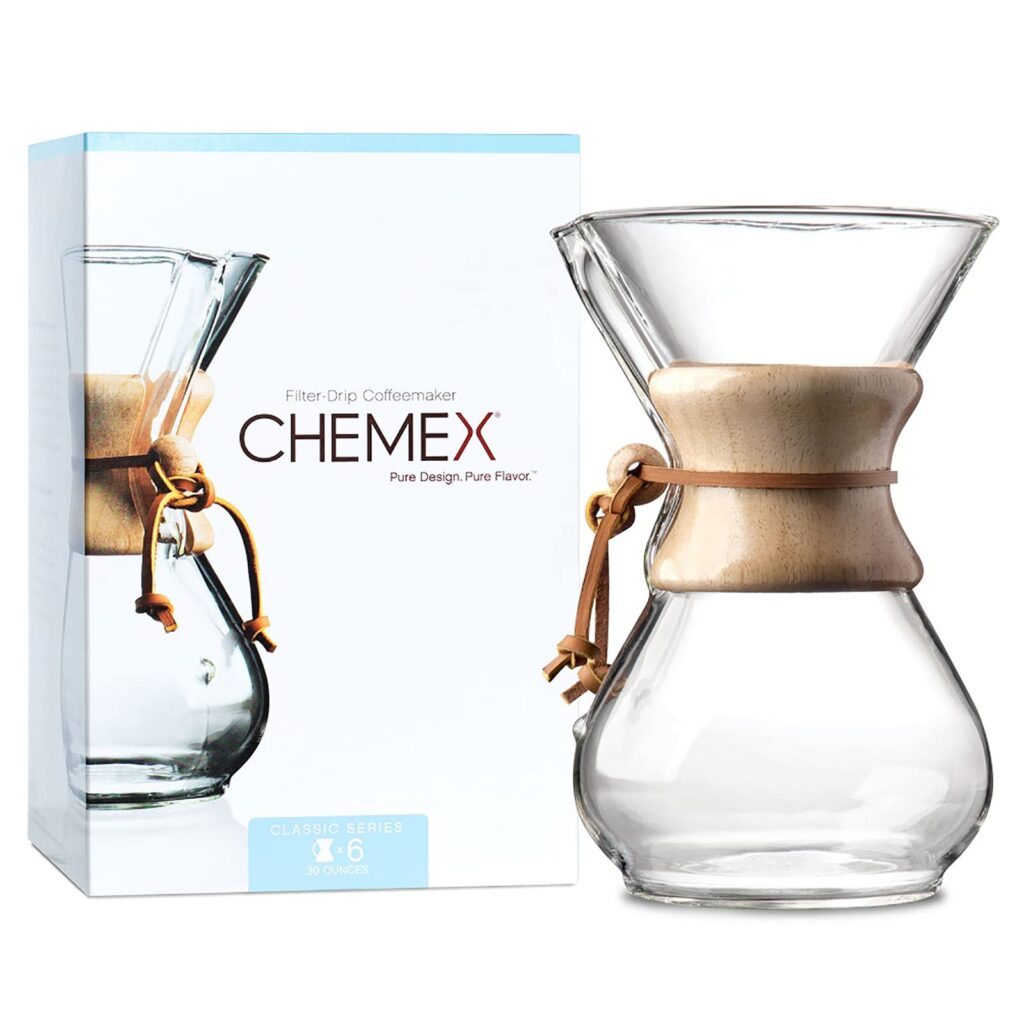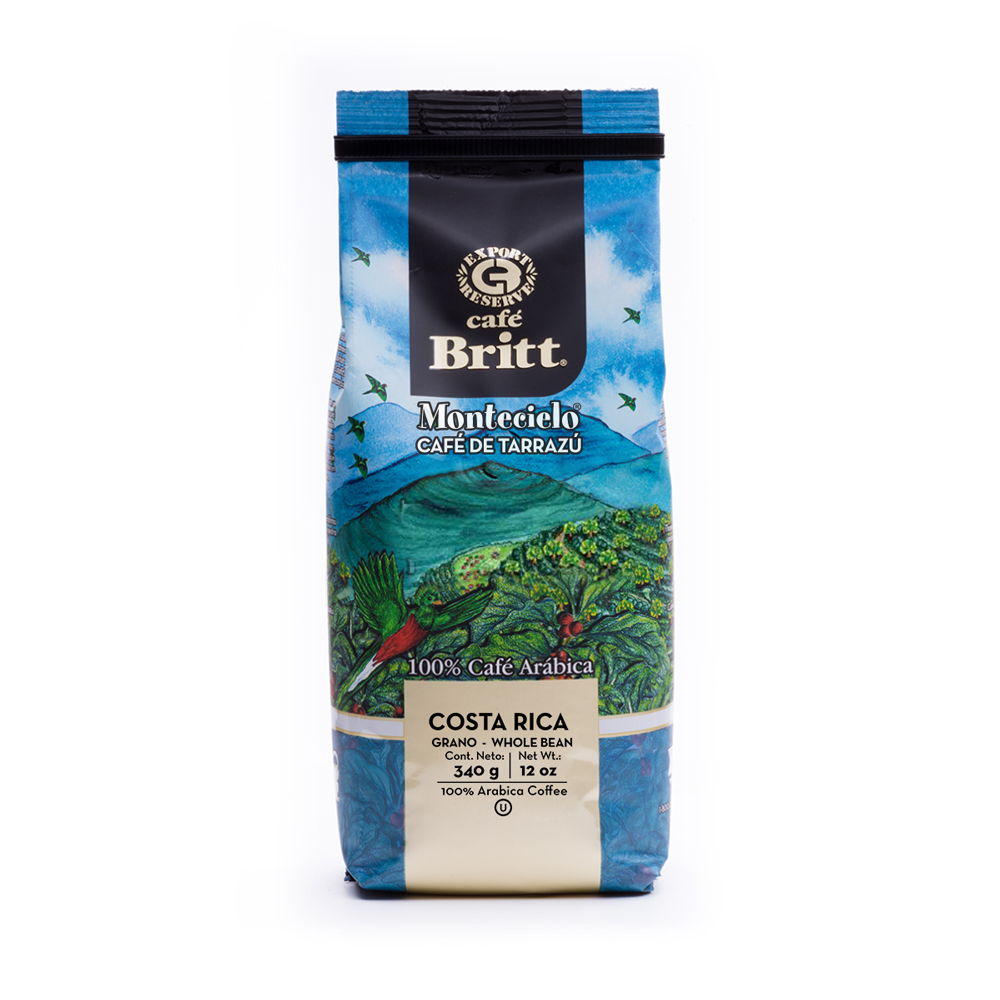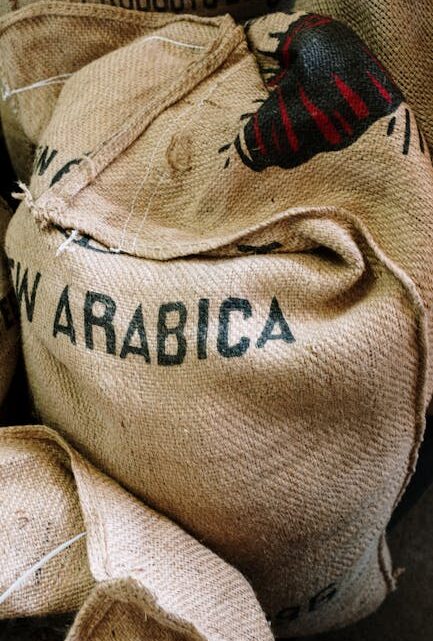
What Does Fair Trade Coffee USA Mean for Your Morning Brew?
Imagine sipping your morning latte knowing that every bean in your cup helped farmers earn a fair wage, supported eco-friendly crops, and championed sustainable supply chains. That, my dear coffee explorers, is the essence of Fair Trade coffee USA.
It’s more than a trendy label—Fair Trade is an international movement that ensures farmers and workers, especially in developing countries, earn fair prices for their crops. In the United States, Fair Trade-certified coffee means your caffeine fix comes with a conscience.
If you’re like me (Ms. Bean—a seasoned globetrotter of the coffee world), choosing Fair Trade isn’t about being perfect. It’s about being mindful. It’s choosing impact over indifference.
And while the buzzwords float around, it’s crucial to look past the frothy surface. So let’s demystify the magic behind that seal and understand why it’s more than a marketing sticker—it’s a movement.
Welcome to the ethically-sourced, sustainability-swirled, bold-bodied universe of Fair Trade coffee USA.
The Origins of Fair Trade: A Sip Back in Time
Our story begins in the 1940s, post-World War II—when compassionate coffee lovers first began to see the inequality in trade systems. By the 1980s, the Fair Trade movement steamed ahead, giving ethical backbone to our beloved beans.
Fast forward to today, and Fair Trade isn’t just a feel-good philosophy; it’s a rigorous certification process that guarantees farmers are paid fair prices, regardless of market chaos. It also ensures that child labor and unsafe conditions are off the table—and out of your mug.
How Does Fair Trade Certification Work?
Okay bean buffs, let’s break down the crema. Fair Trade USA, a leading certifier, evaluates producer organizations on social, economic, and environmental standards. When certified, they can earn the “Fair Trade Certified” label—and boom, credibility percolates.
This certification isn’t given out like sugar packets. It requires checks on wage fairness, transparency in the supply chain, health and safety regulations, and sustainable agricultural practices. Farmers also receive a Fair Trade Premium—a bonus they can invest in their communities.
Why Choose Fair Trade Coffee USA?
Here’s the espresso shot of truth—it’s not just about the taste. Choosing Fair Trade coffee USA perks up more than your taste buds. Your dollars empower growers, protect rainforests, and promote long-term environmental stewardship.
Fair Trade coffee gives farmers stability in unpredictable global markets, which is crucial given climate change and market volatility. Plus, when you sip a Fair Trade brew, you’re actively supporting gender equality and democratic leadership in coffee cooperatives.
Fair Trade vs Direct Trade: What’s the Difference?
Direct Trade might sound similar—but these beans ride a different lane. While Fair Trade relies on third-party certification, Direct Trade emphasizes direct relationships between roasters and farmers, removing middlemen.
Both have noble aims, but Fair Trade offers broader protections and structure, especially for smaller cooperatives. It’s a trusted choice for those who want institutional assurance with their arabica.
Does Fair Trade Coffee Taste Better?
Ah, the million-dollar mocha question! Taste is subjective, but Fair Trade is often associated with better quality because it incentivizes sustainable farming. Healthier soil and mindful harvesting lead to more complex, flavorful beans.
Plus, nothing sweetens a coffee quite like the taste of ethical production. It’s bean-eficial for your conscience and your palate.

Where Can I Buy Fair Trade Coffee USA?
You’ll find it in most major grocery stores, specialty cafes, and dozens of online retailers. Look out for the Fair Trade Certified seal—those little logos aren’t there to look pretty, darling. They shout, “This coffee was produced responsibly!”
For starters, check out our list of top-rated Sustainable Coffee brands that carry the Fair Trade promise.
Is Fair Trade Coffee More Expensive?
Well, yes—but only slightly. Think of it as paying a latte more to protect farm workers and rainforests. Most Fair Trade coffee is priced within 10–20% of conventional beans. That’s less than your weekly latte art addiction.
How Can I Tell If My Coffee Is Really Fair Trade?
Easy. Look for the certification label! Fair Trade USA, Fairtrade International, and a few others issue these seals. Be cautious of vague claims like “ethically sourced” without a third-party certifier. Not all beans are brewed with truth.
Do Large Coffee Brands Offer Fair Trade Options?
More and more are hopping on the ethical espresso train! Brands like Starbucks, Dunkin’, and Peet’s now offer Fair Trade blends. Still, smaller roasters often lead the way in fully committing to Fair Trade principles.
Is Fair Trade the Same as Organic?
Not quite. Fair Trade is about social and market justice; organic is about chemical-free farming. Many coffees are both, but the labels—and their missions—are distinctly brewed.

The Final Brew: Why Fair Trade Coffee USA Matters
Choosing Fair Trade coffee USA is an easy switch with a powerful impact. Every cup becomes a vote for fairness, transparency, and stewardship.
And as your favorite caffeinated guide, I say: go forth and sip with spark. Champion those certified beans. Flaunt your mug proudly. You’ve now got the know-beans.
Ready to start brewing ethically? Explore our favorite sustainable and Fair Trade coffee brands and join the thousands of sip-conscious consumers leading the coffee revolution.
Because coffee this good shouldn’t just taste robust—it should feel right too.

